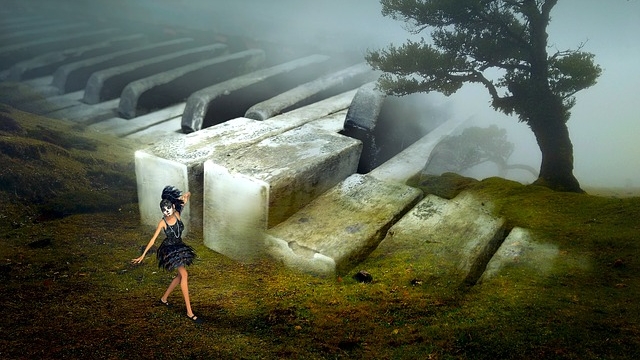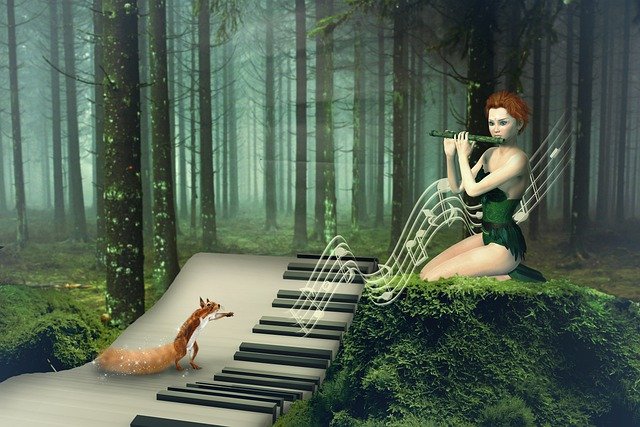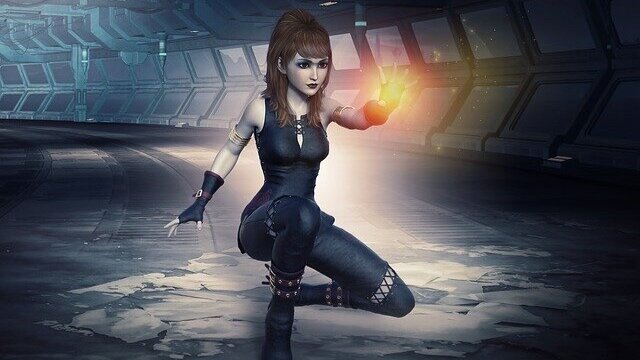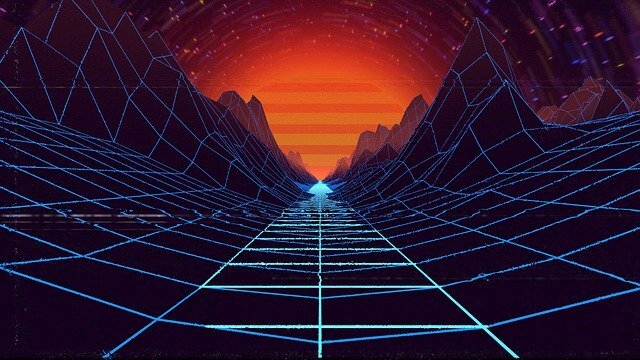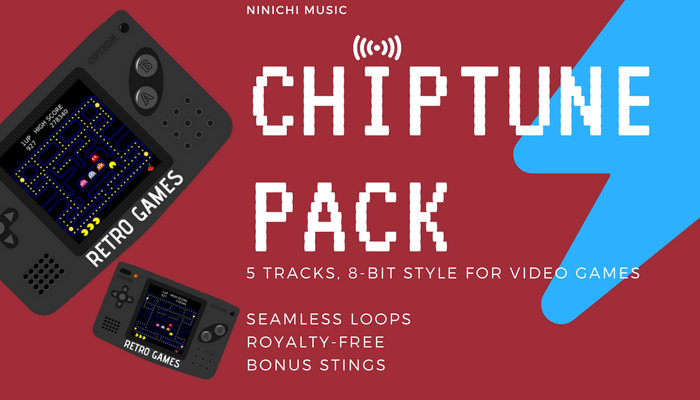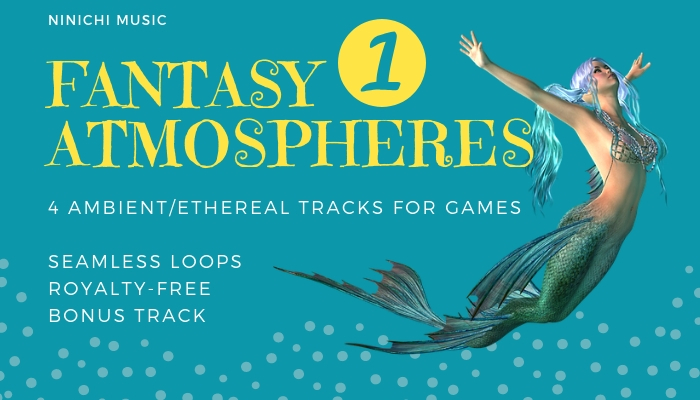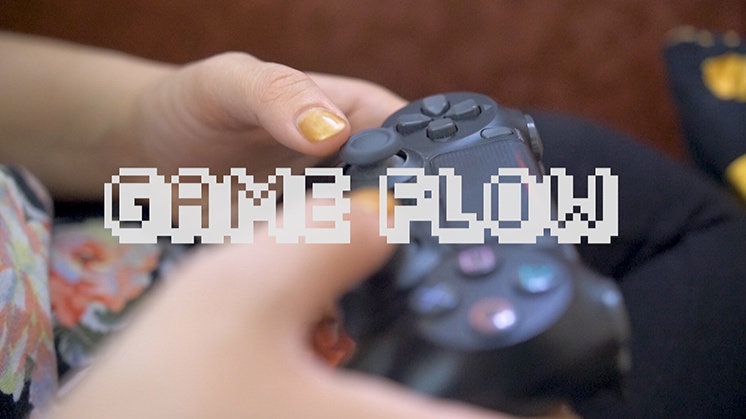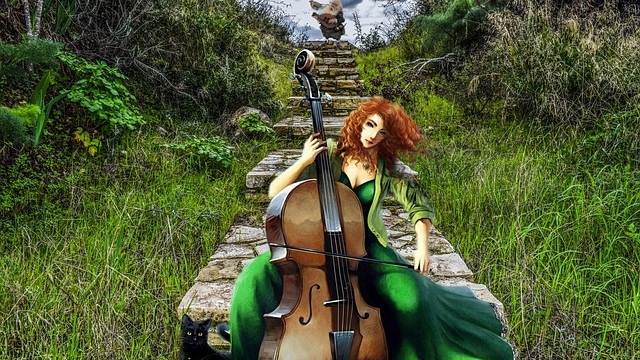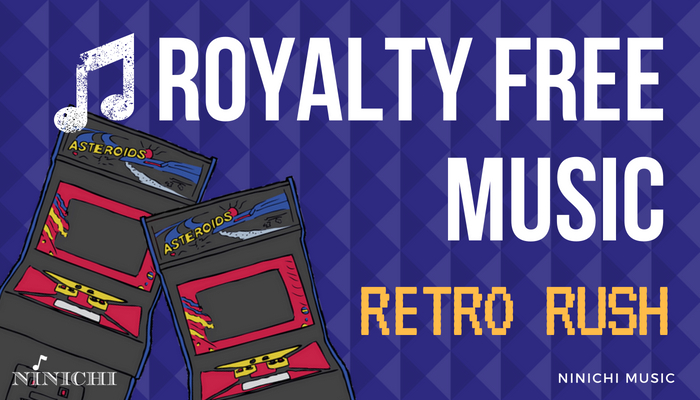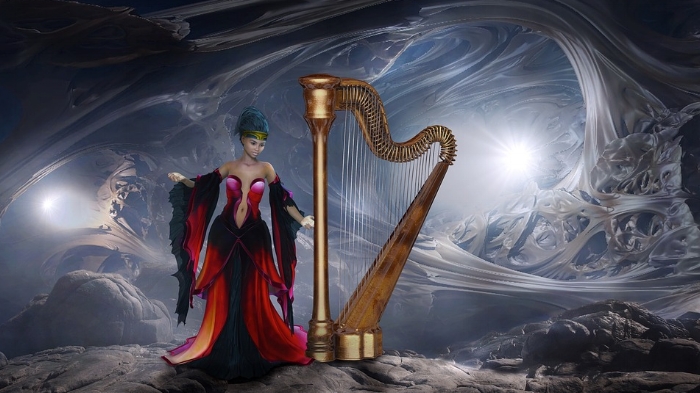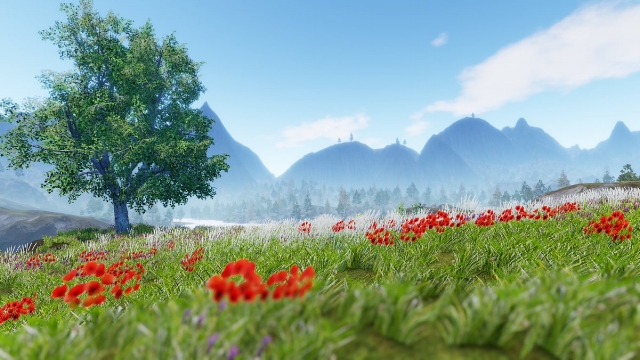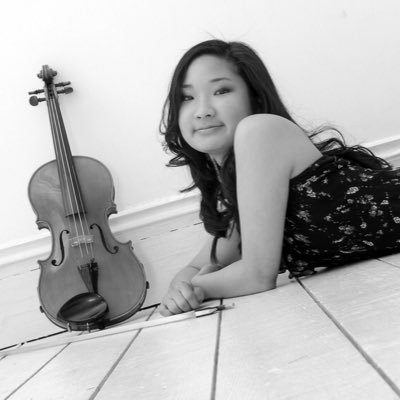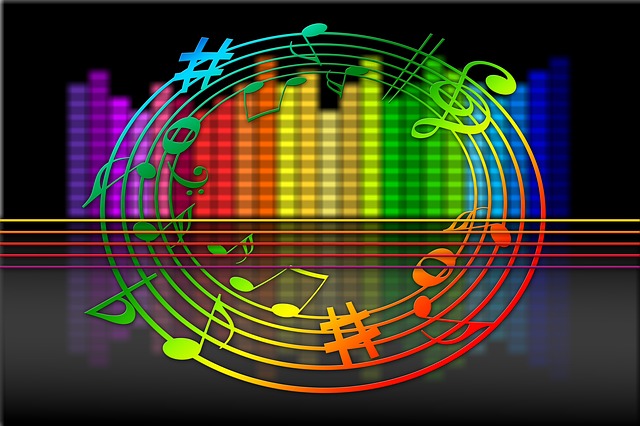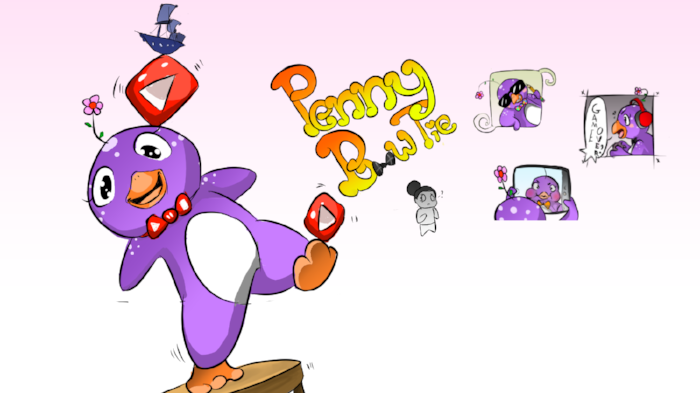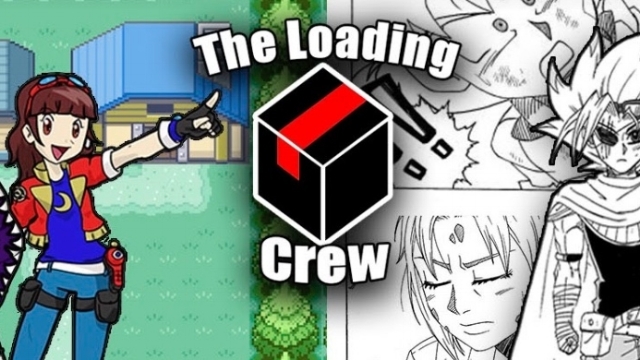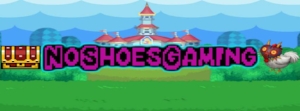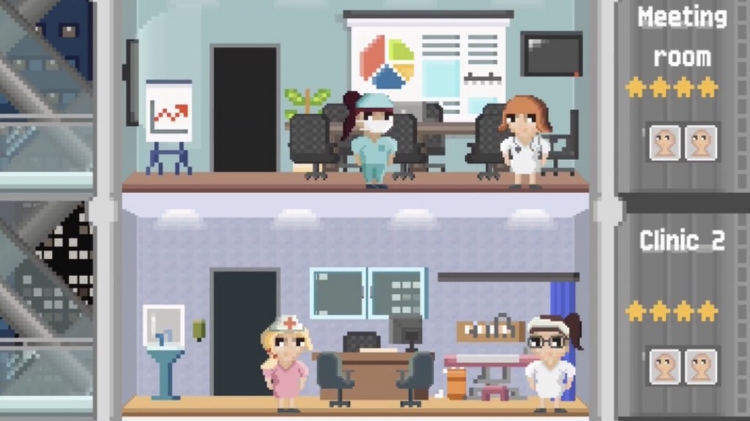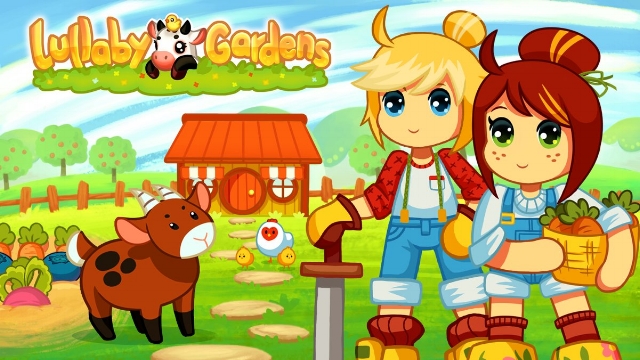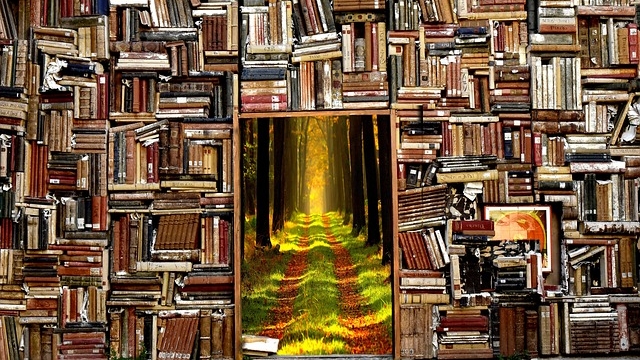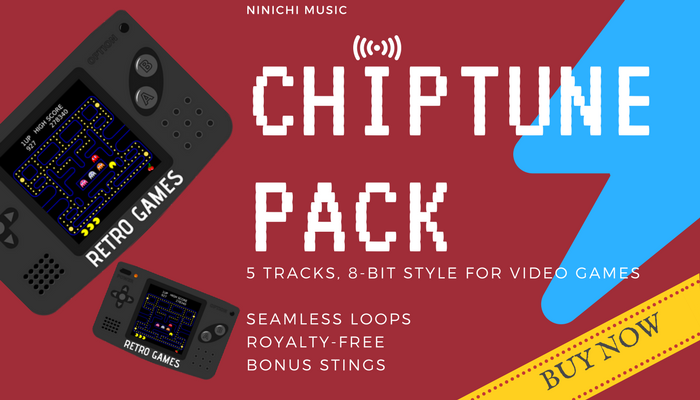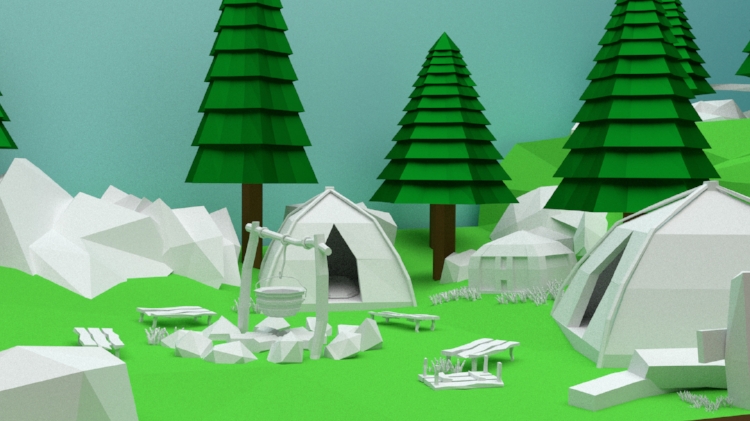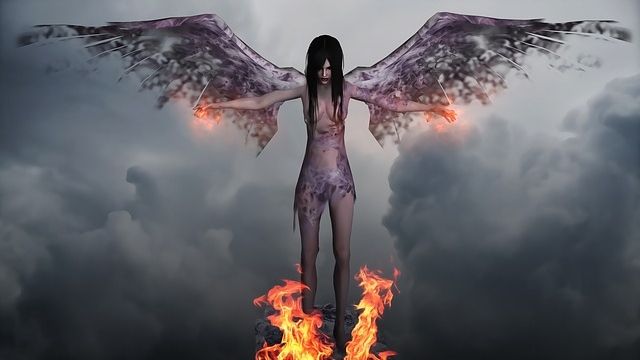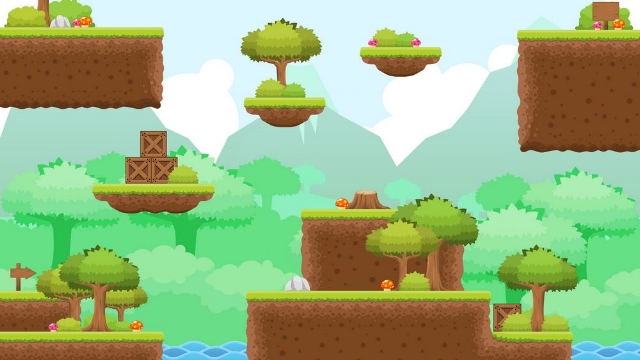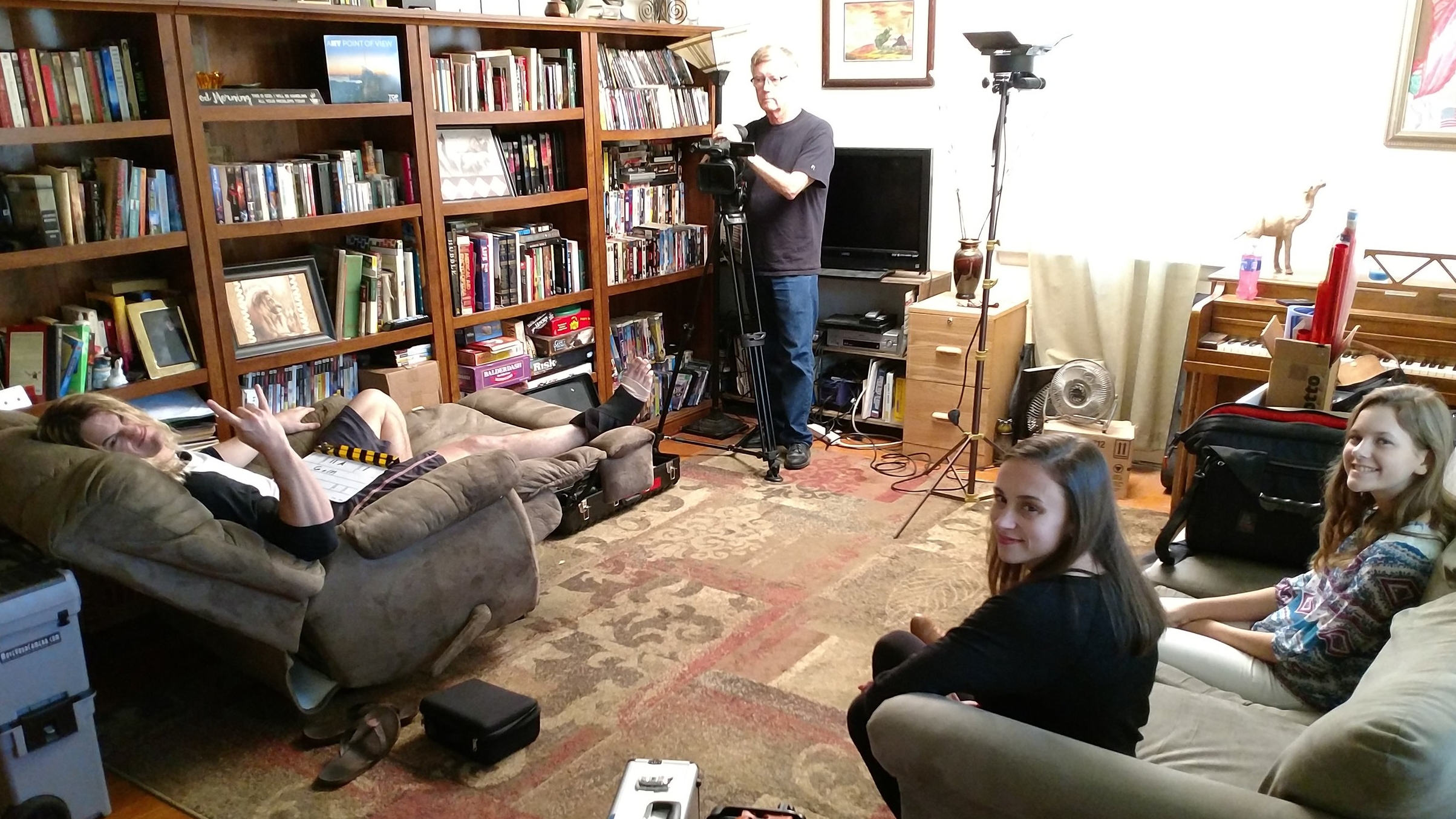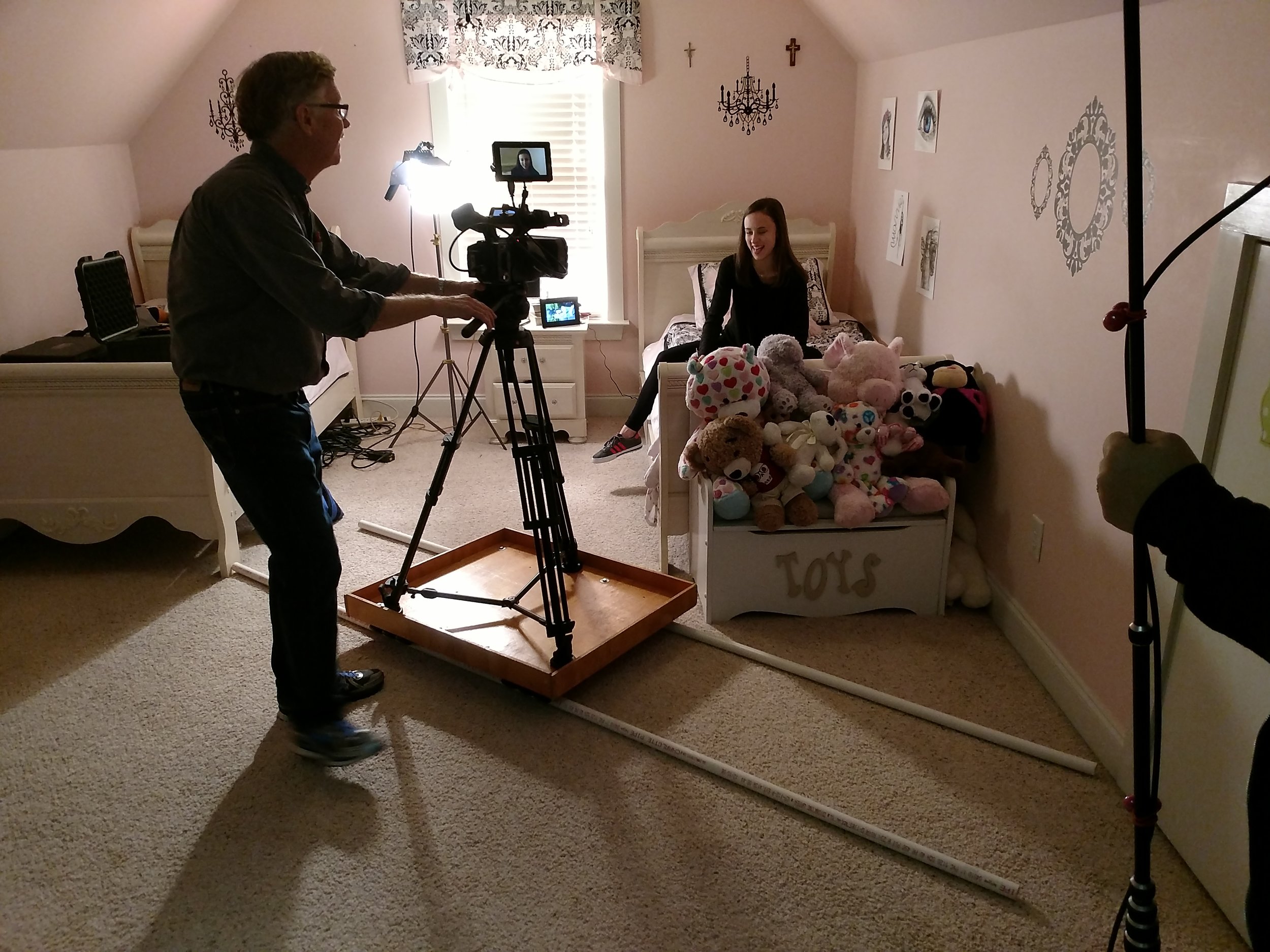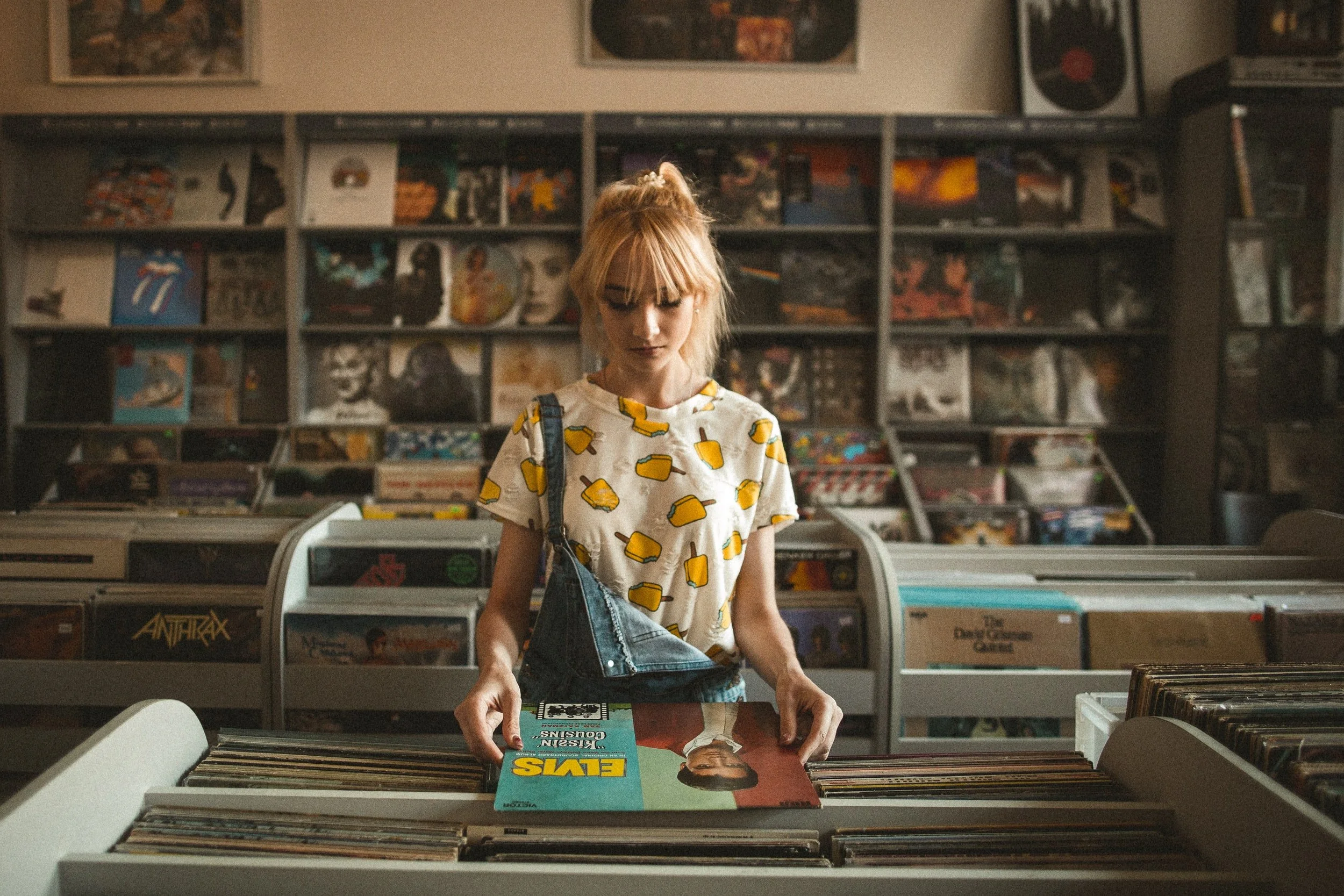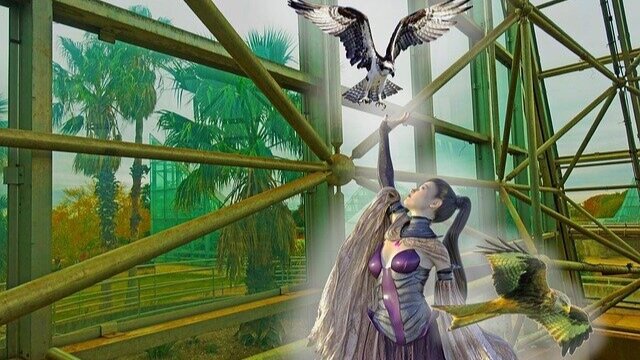By Ninichi | Contact | Follow
Have you been wondering whether or not to get a publisher for your indie game? It’s not always obvious whether it’s best to seek a publisher or to go it alone, but if you are looking then there certainly are many options open to you. You don’t need to decide now whether or not you want to publish your game yourself or not, but it’s always useful I think, to explore the possibilities.
Unfortunately, I don’t have any direct experience with any of these companies, however, I’ve worked with many indie game developers supporting them with the music to their games (I’m a game music composer, find out more about me if you want to), and I run this blog with the aim of hopefully offering some useful resources, tips and advice that can help the indie developer community along what is often a very challenging journey!
Here's my article on 11 Places to Publish and Release Your Indie Game, for those of you wanting to publish your game yourself.
Otherwise, here are 16 indie game publishing companies which I think could be useful to be aware of:
1. Curve Digital
Curve Digital was set up in 2013 and now claims to be one of the leading publishers of games on PC and consoles. They offer development funding, internal production, PR and marketing support. In 2017 they were the ‘Publishing Hero’ at the Develop Industry Excellence Awards.
2. Ukuza
Ukuza is a publisher focused on bringing the best indie games to market. They’re a team of creative and marketers who are ex-Microsoft & ex-Amazon and they’re ready to hear all about your game!
3. Team 17
Team 17 publishes games for PC, console, mobile and handheld devices. They have over 25 years of experience in the games industry and so are probably one of the longest running independent publishers out there. They’re headquarters are in West Yorkshire (UK)
4. Devolver Digital
Devolver Digital offers digital distribution and marketing support for indie videogames and films. It’s a fairly well known indie game publisher and so it’s definitely one to take a look at.
5. Indie Fund
Indie Fund is a funding source for indie developers. It’s an alternative to the standard publisher funding model and has been designed to support indie developers to create amazing games and to grow financially independent.
6. Midnight City
Midnight City provides promotional, production and business services and support for independent game developers.
7. Serenity Forge
Serenity Forge is a game development studio with a publishing arm and wealth of other services dedicated to supporting indie developers with their game projects.
8. Noodlecake Studios
Noodlecake Studios is a small indie game studio founded in 2011 and based in Saskatoon, Canada. They make their own games but have also expanded into publishing and help to bring other developers’ games to market. They’re best known for iOS & Android games but are also interested in releasing games across all other platforms too.
9. Versus Evil
Versus Evil is a video game publisher focusing purely on publishing indie games. They publish across all major mobile, PC and next generation consoles and have worked with indie studios around the world. They offer a suite of services to support the indie games they publish, from marketing, PR, influencer outreach, social media, community, QA, localisation and development services to reach other platforms.
10. Mode 7 Games
Mode 7 was founded in 2005 and is an indie game development and publishing company based in Oxford, UK. They’ve been a publisher since 2016 and can offer support across a range of different areas including funding, PR and marketing, production / scheduling, game design, community management, business development, platform holder relationships, tech, porting and more.
11. Humble Bundle Publishing
Humble Bundle has a publishing arm, which can help you with indie game. You can connect with their 12 million customers, own your IP, get help with marketing and PR, leverage the Humble Bundle brand, get help with financing and more.
12. Surprise Attack
Surprise Attack Games is an independent games label focusing on games that bring something new or different to the table. They’re based in Australia and were created in 2013. They offer a full publishing team providing expertise and resources to the games they develop. They don’t own any share of the IP and state that the game developer always has the final say.
13. Headup Games
Headup Games has released over 100 titles since being established in 2009. They’re a hybrid games publishing and development company, always on the look out for new games to get involved with.
14. tinyBuild Games
tinyBuild helps indie developers to publish their games across a multitude of platforms, releasing games onto Steam, Xbox One, PS4, 3DS, VR, iOS and Google Play. They’ve been doing this since 2013 and offer support with funding, knowledge, production, artwork, guidance and more.
15. Steak Steak
Steak Steak is a full service indie game publishing company offering support at all stages of your game development. Whether you need help with trailers, PR, branding, development or anything else, they can help.
16. Whippering
Whippering offers marketing support and partnering relationship opportunities to indie game developers. They publish independent games and can help with the creation and execution of your marketing strategy from positioning, pitching, PR, social media and more. They can also initiate and manage platform relationships with the likes of Sony, Oculus, Valve, Nintendo, MSFT.
I hope this resource list has been useful to you. Do browse my blog for other interesting articles that may help you with various aspects of your game development. Feel free to use the search bar (on the blog homepage and on the bottom of every page) to help explore specific subject areas. A few articles that may be useful to be aware of include:
